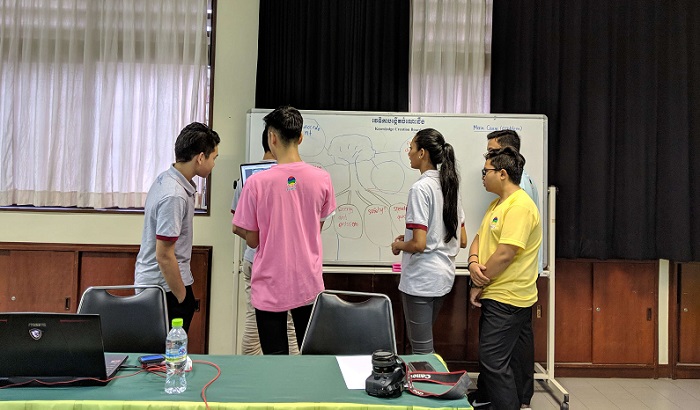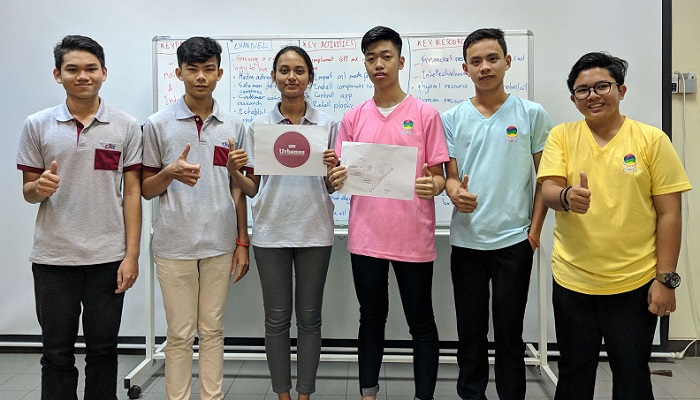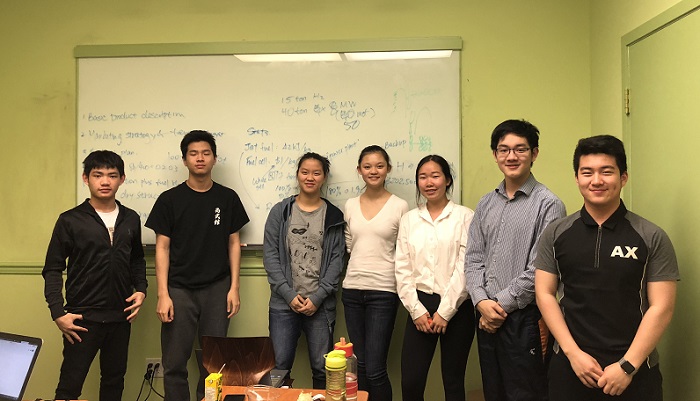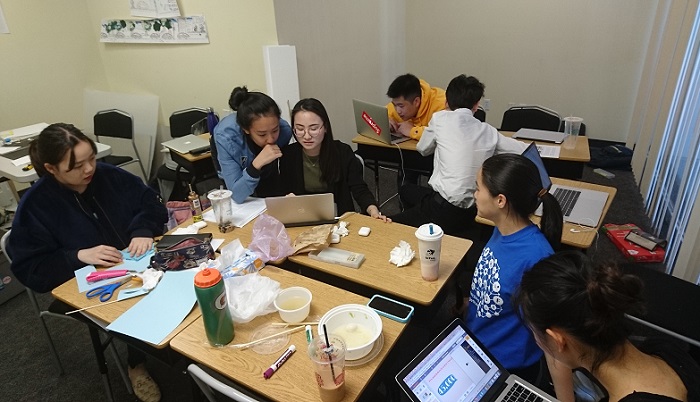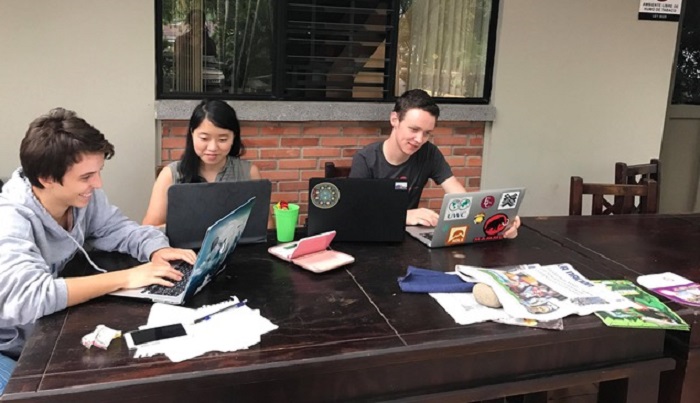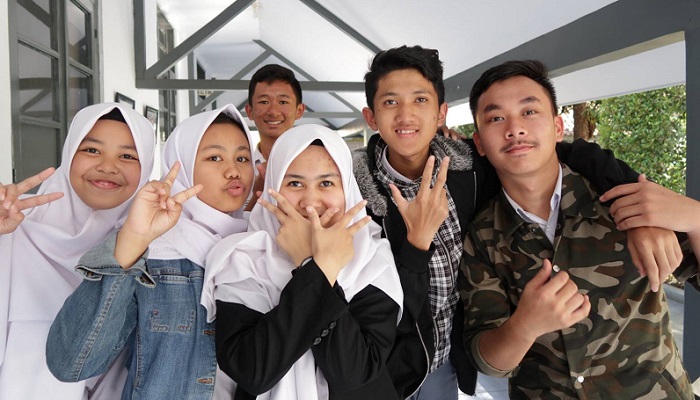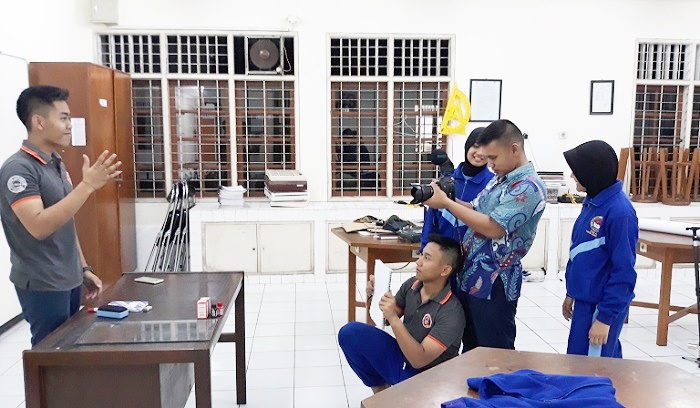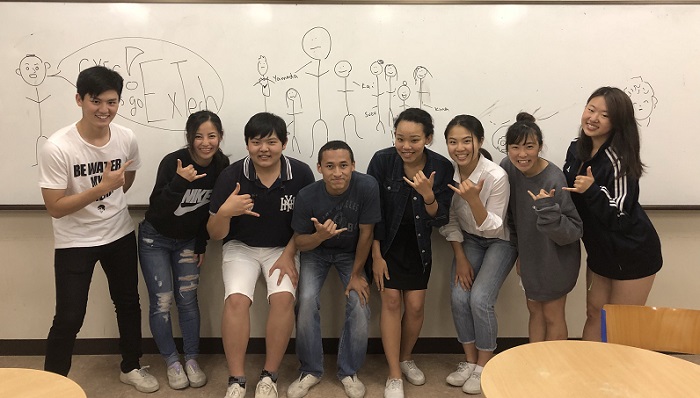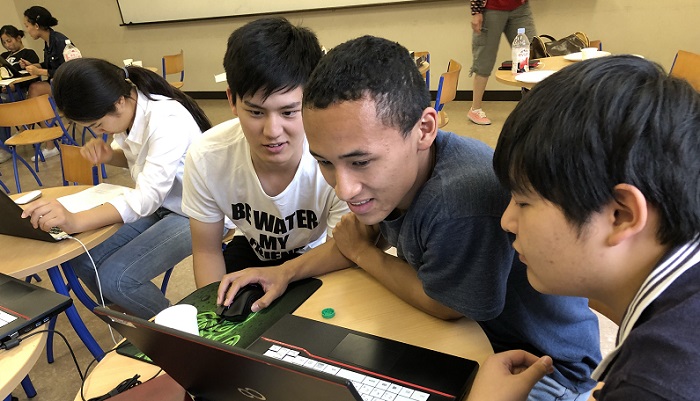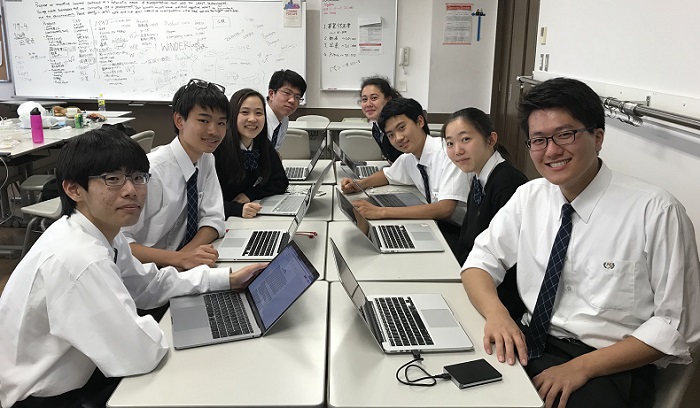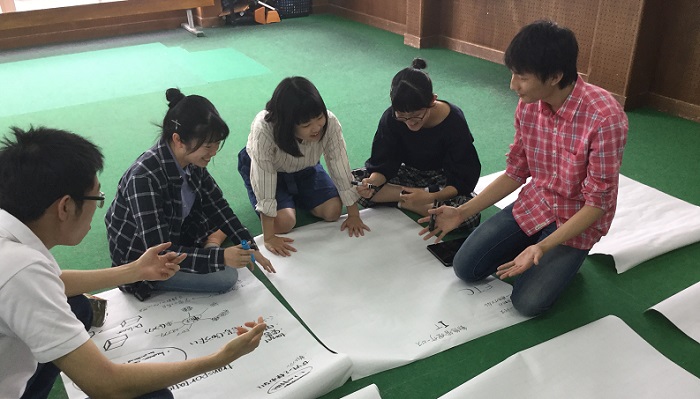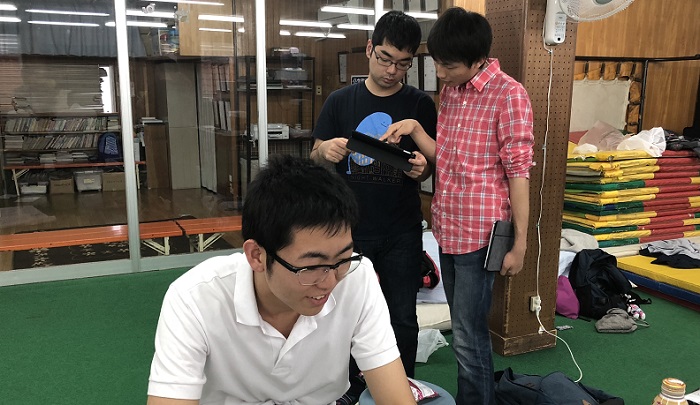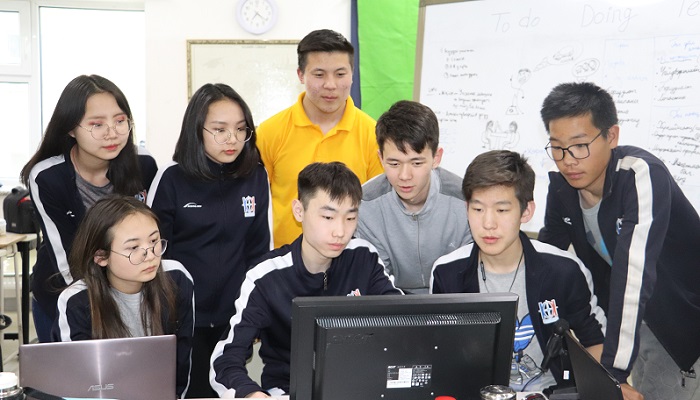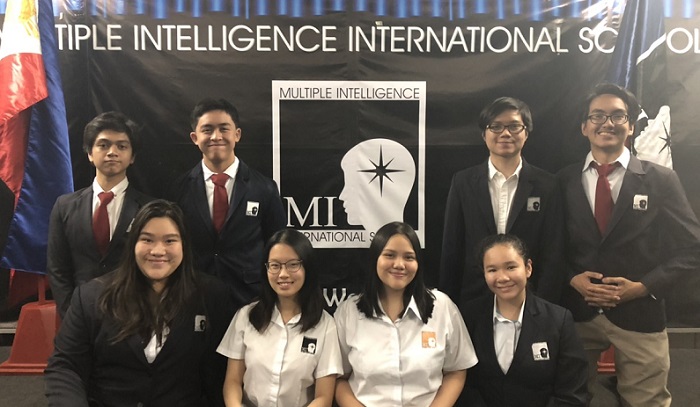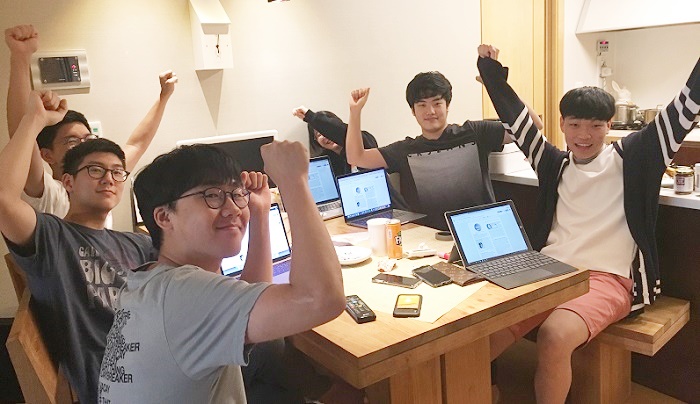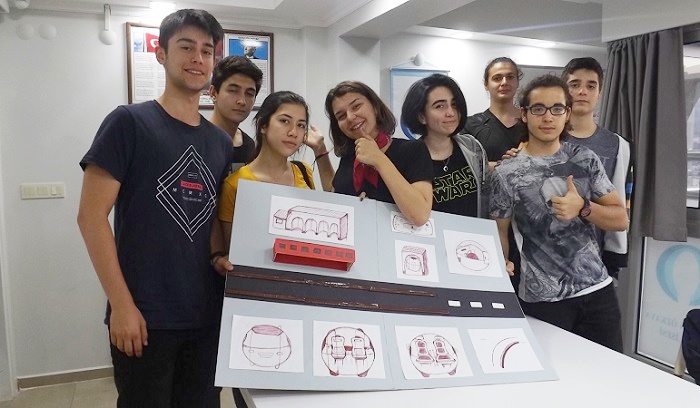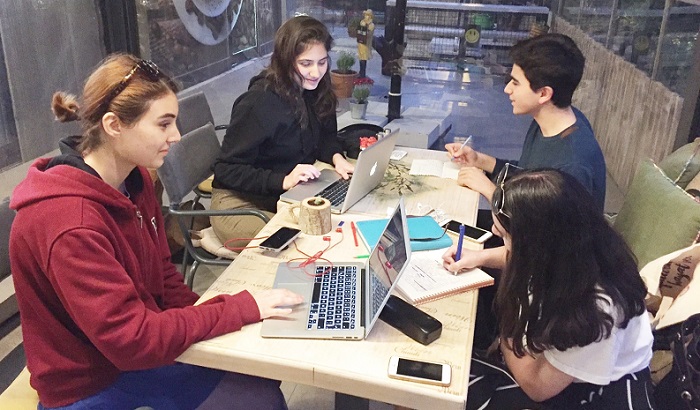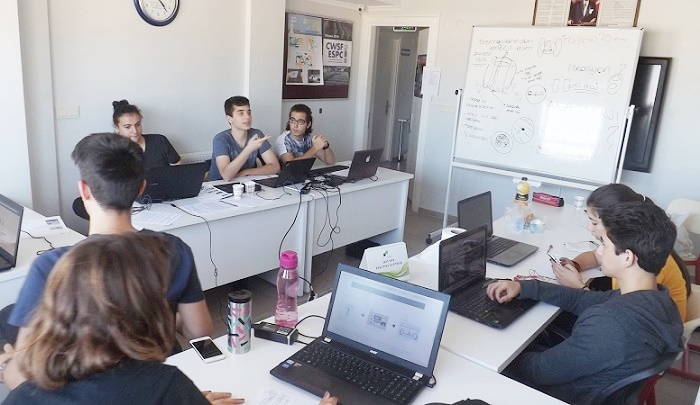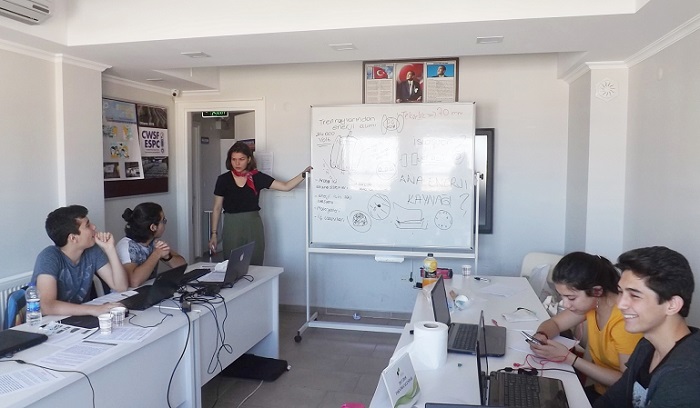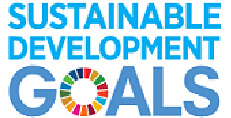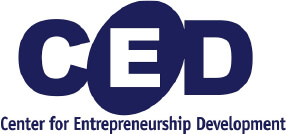
Challenge
<2018>
Results
▶ Runner-up (2nd):Boreas, Hiroo Gakuen Senior High School, Japan
(BP/presentation)
▶ Honorable mention:Pizoom, Elite Educational Institute–Richmond Campus,
Canada (BP/presentation)
Photo Clip
Participating Countries
2.Canada - Elite Educational Institute –Burnaby Campus
3.Canada - Elite Educational Institute – Richmond Campus
4.Costa Rica - United World College Costa Rica
5.India(ISEF team)
6.Indonesia - Jalasena-SMA Taruna Nusantara
7.Indonesia - Phobos-SMAN 1 Garut
8.Indonesia - Ranajaya-SMA Taruna Nusantara
9.Japan - Doshisha International Senior High School
10.Japan - Hiroo Gakuen Senior High School
11.Japan - Senior High School Attached to Kyoto University of Education
12.Mongolia - Shine Mongol
13.Philippines - Multiple intelligence international school
14.South Korea - Seoul International School
15.Turkey - Çevre Koleji
16.Turkey - Oğuzhan Özkaya Edudational Institution
International Judging Panel:
-Bat-Orshikh Erdenebat (Executive Director, Development Solutions NGO)
-Dede Prabowo (Executive Director, Alam Aksara Foundation)
-Henry Chen (CEO,Fortune Valve)
-Ivana Marie Abcejo (Science Teacher, Multiple Intelligence International School)
-JantoV.Sulungbudi (Head of Electronics and Advanced Physics Laboratories at Parahyangan Catholic University)
-Kikuko Harada (Chairperson, Center for Entrepreneurship Development)
-Klever Descarpontriez (Teache,United World College Costa Rica)
-Levent Ballice (Ege University Chemical Engineering Departmant,Bornova/İzmir Turkey)
-SY Vanna (Manager of Human Resource Development Department, Cambodia-Japan Cooperation Center)
-Jessica Terbrueggen (Teacher, English Department of Seoul International School)
-Özlem Şahin Balçık
-Sisley Wang (Design Assistant at Kit & Ace)
-Srisetiowati Seiful (Executive Board, Office of the President, Surya Institute)
-Syailendra Harahap (Director, Center for Innovative Learning)
-Tatsuro Ichihara (Vice Chair,Center for Entrepreneurship Development)
<COMMENTS FROM SRISETIOWATI SEIFUL, CHAIRMAN OF THE JURY>
Over the years, with the advances and ease in developing online presentations, we have seen increasingly better and more creative quality in presenting each team’s business plan and video presentation. Grammatical/ spelling errors still exist, even for teams from English-speaking countries, and these can distract a potential investor from focusing on the actual idea. But, given the short time frame of 12 hours, overall the results have been quite amazing.
In general, all teams generated ideas using and sometimes further developing existing technology, whether already available or hoping to be potentially available in the future. A pity that a few just reworked on projects already done by others,when the potential to develop further was still possible.
As creative as the ideas came about, certain principles cannot be violated, especially the law of conservation of energy, which states that energy cannot be created or destroyed, only transformed from one form to another.
E.g.: one cannot create greater energy out of a lesser energy. Thus the most logical ideas were considered the most potentially workable.
Surprisingly, those that decided to target a specific market niche became more focused in their venture and thus their overall results came out superior, sometimes far exceeding their counterparts.
As a reminder, GYEC with its previous history was founded as a competition integrating science and technology innovation with entrepreneurship, and sometimes with sociopreneurship. Thus the criteria is that the business has to be economically feasible, the technology to be (logically) workable, the final product environmentally friendly, and acceptable by the intended market. Most importantly, this competition also encourages participants to come up with fresh, “out-of-the-box" innovations, as difficult as it may be with the 12-hour time frame.
All in all, it is always refreshing to see how participants rise up with such enthusiasm to the challenges put forth every year, this year’s excitement being no different.
In the coming years, we hope to be able to come up with increasingly interesting challenges addressing issues in the foreseeable future, and also see even more countries participating in every year's GYEC with greater enthusiasm and even more “out-of-the-box” innovations!
Srisetiowati Seiful
Chairperson, GYEC 2018 International Judging Panel


